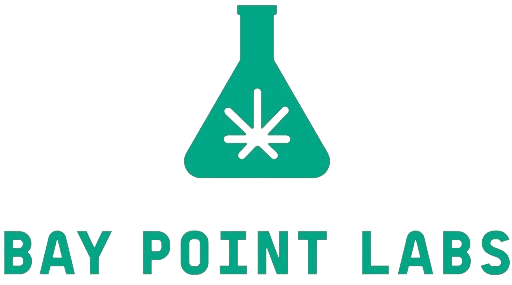
Slide title
Fair Pricing | Best Genetics in the Seed Industry | Nationwide Delivery Available
Button
Mycotoxin Testing
Mycotoxin testing is crucial for accurately determining the presence or absence of common mold toxins in cannabis products. These pathogens thrive in environments with high moisture levels, making cannabis susceptible to mold growth if humidity is not regulated properly. Mold development on cannabis plants can occur when relative humidity levels are either too high or too low, impacting the quality and potency of the product. Therefore, maintaining an optimal range of relative humidity is essential.
This test is critical as a high presence of mycotoxins can lead to various health issues, including lung infections, nausea, vomiting, chest pain, and even certain forms of cancer. Such contaminants pose significant risks, particularly for consumers with pre-existing respiratory conditions or compromised immune systems.
However, the mold testing process provides consumers with confidence, assuring them that the cannabis product they purchase is free of mycotoxins and safe for consumption. The test is conducted using Liquid Chromatography Triple Quad Mass Spectrometry (LCMSMS), which efficiently analyzes cannabis samples for mycotoxin content. Compared to other methods, LCMSMS offers easier sample preparation and higher sensitivity, capable of detecting trace amounts of mycotoxins.
Compliance
Mycotoxin testing holds significant importance within California's cannabis regulations, serving as a crucial measure to ensure the safety and quality of cannabis products available to consumers. By accurately detecting the presence of common mold toxins, this testing procedure helps mitigate the health risks associated with such contamination, including respiratory infections, nausea, and more severe complications for vulnerable individuals. California's regulations stipulate stringent limits for mycotoxin levels, with the total of Aflatoxin (B1, B2, G1, and G2) not exceeding 20 ug/kg and Ochratoxin A not exceeding 20 μg/kg.
Adherence to these standards is essential for safeguarding public health and instilling confidence in consumers regarding the safety of cannabis products. Through methods such as liquid chromatography and triple-quad mass spectrometry (LCMSMS), laboratories can efficiently conduct mycotoxin testing, ensuring compliance with regulatory requirements and promoting consumer trust within the cannabis industry.

Contact Us
Phone: 707-747-6081
Email: timea.majoros@baypointlabs.com
Address: 685 Stone Rd Suite 9, Benicia, CA 94510, United States Of America
All Rights Reserved | Bay Point Labs